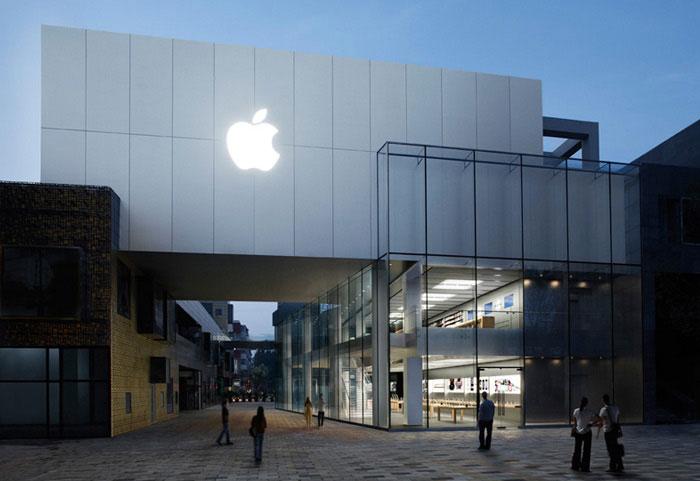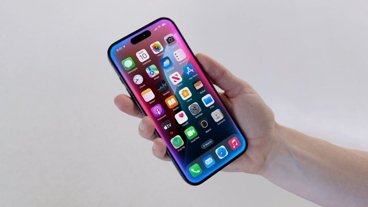China's recent state-sponsored, anti-Apple campaign might not just be empty rhetoric: it could, according to one estimate, cost Apple $13 billion in sales in the country.
Citi's Glen Yeung examined on Monday the financial impact of previous Chinese state-sponsored campaigns against other companies. China's government has instituted similar pushes against YUM Brands (part of KFC), Toshiba, and Hewlett-Packard. The negative press led to YUM Brands taking a 20 percent year-over-year sales hit in China for January and February, while Toshiba lost its No. 1 spot in Chinese notebook sales following a 1999 state-media report that the Japanese manufacturer treated Chinese and American customers differently.
Yeung chose HP as a template for the potential damage of such a campaign to Apple (via CNN):
Recall that a similar campaign hit HP in 2010, leading to a ~50% reduction in their PC share in China. Apple derives ~16% of its sales in China (CY12) and China accounted for ~24% of Apple's revenue growth in the past 2 years (2010-2012). If Apple were to lose as much as 50% of their China market share, this would equate to ~$13.1B/$3.62 in revenues/EPS. We add this to our list of concerns about Apple's market share dominance and still do not recommend the shares at this time.
Yeung's report went on to discuss the difficulties the negative campaign could produce for Apple's efforts to get the iPhone onto China Mobile, the world's largest wireless carrier. More important than that, though, would be the potential impact on apple's brand value. Those factors in mind, Citi could not recommend buying Apple shares at the time, and the firm stood by its December decision to downgrade its Apple rating to Neutral.
China just this year surpassed the United States as the largest market for smartphones and tablets, and Apple has been moving to make its products more affordable in that increasingly important market.
Apple CEO Tim Cook on Monday issued an apology for the Chinese warranty issues that appear to have sparked the Apple backlash, even while the effectiveness of the campaign remains unknown. Cook blamed "misunderstandings" stemming from Apple's lack of public communications and offered the company's "sincere apologies."
Cook's letter also came with four major adjustments to Apple's warranty policy in China. Those included increased supervision and training for Apple Authorized Service providers, a new feedback system, a "concise and clear" statement on its website about repair and warranty policies, and new policies for the iPhone 4 and iPhone 4S.
 Kevin Bostic
Kevin Bostic







-m.jpg)






 Wesley Hilliard
Wesley Hilliard
 Marko Zivkovic
Marko Zivkovic

 Christine McKee
Christine McKee
 Amber Neely
Amber Neely

 Malcolm Owen
Malcolm Owen









36 Comments
Doubt it - the Chinese people don't believe the government in this case, and Apple is still such a high status item that one Chinese teenager sold a kidney to get an iPad.
Breaking: made up crap about made up crap expected to do a made up amount of damage to Apple.
Is 13 Billion really that much?
With the way that Apple's stock has been going, 13 Billion is nothing compared to how much money has left Apple.
Analyst: another name for a side-show fortune teller only not as accurate. Sure, $13 billion. Why not $13 trillion? I can pick all sorts of numbers out of the air, too! Wait a minute. What's today's date? I get it. This is all just a joke called "let's manipulate the stock price down so we can buy it cheap and then sell it really, really high while costing investors billions!"
Is 13 Billion really that much?
With the way that Apple's stock has been going, 13 Billion is nothing compared to how much money has left Apple.
Even for Apple, that is a huge amount, a 8% hit to earnings and revenue. If it happened for real, it would probably take Apple stock down $50 to $100, but it won't happen for real.